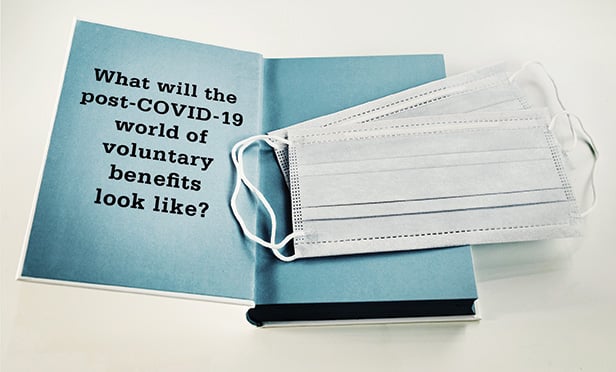About The Author
CONNECT WITH THIS AUTHOR
March 13, 2023
July 14, 2020
March 23, 2020
November 27, 2018
November 12, 2018
January 02, 2018
Trending Stories
- 1Mark Cuban praises Trump's PBM executive order, predicts 'hundreds of billions' in savings
- 2401(k) contribution limit projections for 2026: Milliman
- 3UnitedHealth CEO objects to critics' 'obsession' with PBMs' role in drug supply chain
- 4Eli Lilly’s new GLP-1 weight loss drug, in pill form, would be more affordable than Ozempic
- 5Arkansas law bans PBM ownership of pharmacies








